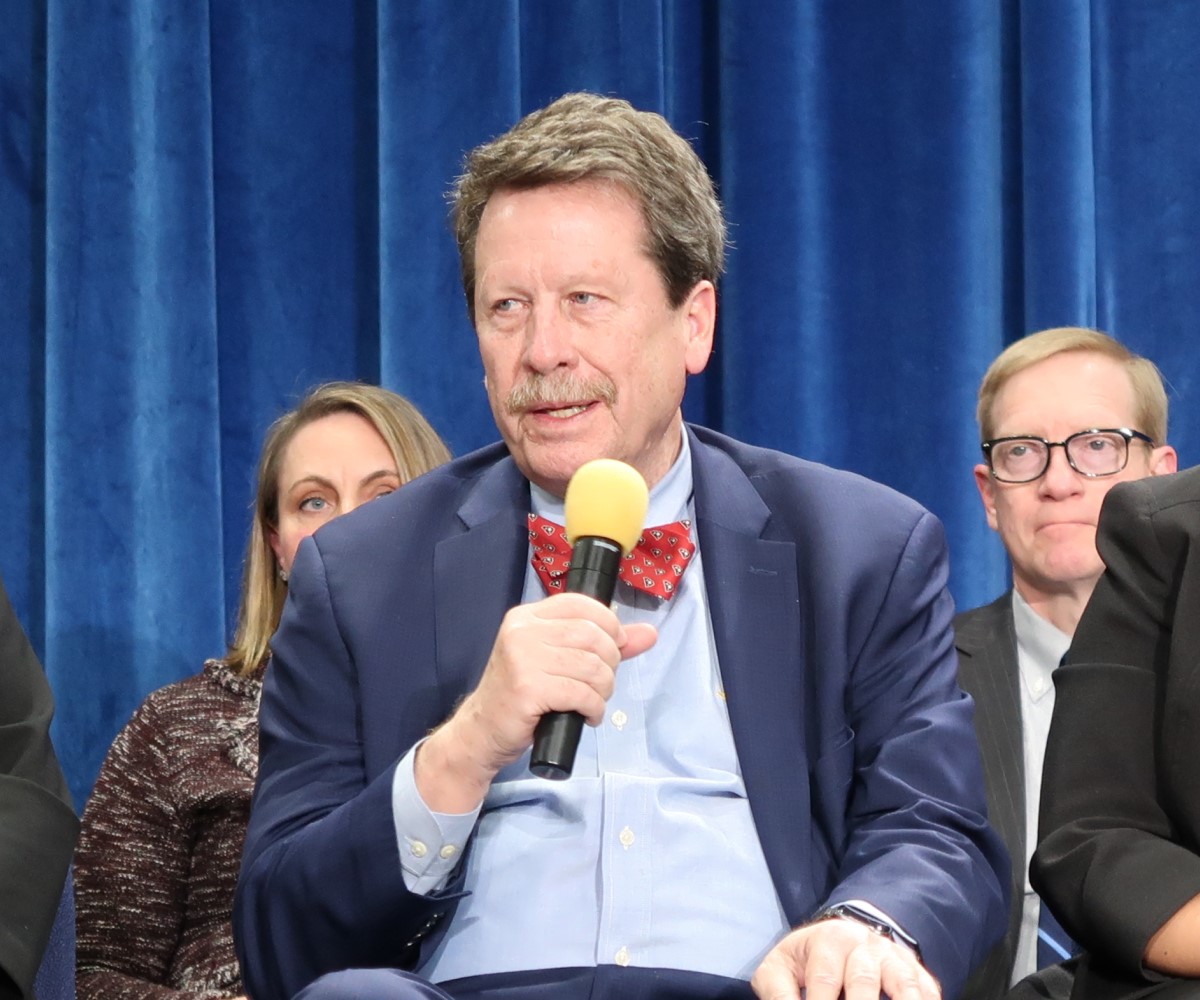FDA seeks 10% boost in Biden’s FY 2024 budget
 APIsBiologics/ biosimilars/ vaccinesBiotechnologyCombination products/companion diagnosticsDiagnostics/IVDsMedical DevicesNorth AmericaNutritional/Natural HealthOTCOtherPharmaceuticalsRegulatory Intelligence/Policy
APIsBiologics/ biosimilars/ vaccinesBiotechnologyCombination products/companion diagnosticsDiagnostics/IVDsMedical DevicesNorth AmericaNutritional/Natural HealthOTCOtherPharmaceuticalsRegulatory Intelligence/Policy